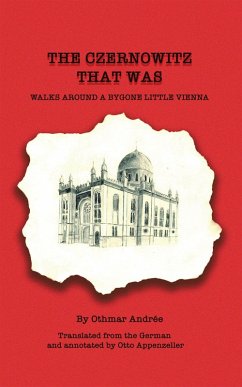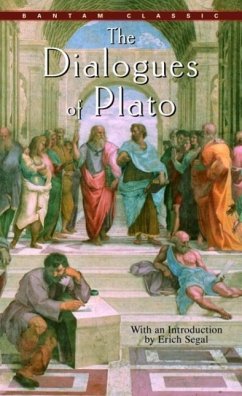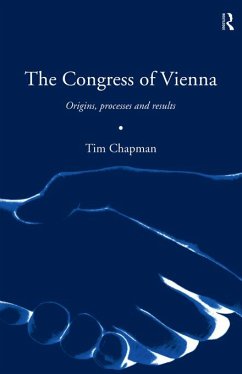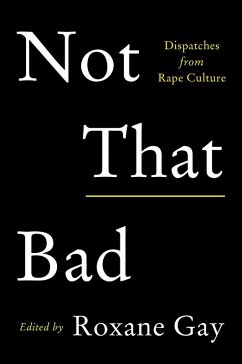
THE CZERNOWITZ THAT WAS WALKS AROUND A BYGONE LITTLE VIENNA (eBook, ePUB)
Translated from the German and annotated by Otto Appenzeller
Übersetzer: Appenzeller, Otto
Versandkostenfrei!
Sofort per Download lieferbar
4,99 €
inkl. MwSt.
Weitere Ausgaben:

PAYBACK Punkte
2 °P sammeln!
Only monuments remind us today of the golden age of Czernowitz, once the lively capital of the Bukovina, the easternmost region of the Austro-Hungarian Empire. Even after the once-mighty empire crumbled in 1918, Czernowitz remained a haven of multicultural coexistence, peopled by Jews, Ruthenes, Bessarabians, Germans, Turks, Poles, and Armenians and animated by a proudly Austrian culture. That culture, literary and cosmopolitan, has vanished from this corner of Europe. Local fascists, the Nazis and the Holocaust, and the region's absorption into the Soviet Union insured that the past has here ...
Only monuments remind us today of the golden age of Czernowitz, once the lively capital of the Bukovina, the easternmost region of the Austro-Hungarian Empire. Even after the once-mighty empire crumbled in 1918, Czernowitz remained a haven of multicultural coexistence, peopled by Jews, Ruthenes, Bessarabians, Germans, Turks, Poles, and Armenians and animated by a proudly Austrian culture. That culture, literary and cosmopolitan, has vanished from this corner of Europe. Local fascists, the Nazis and the Holocaust, and the region's absorption into the Soviet Union insured that the past has here been lost irretrievably. Now the Bukowina is part of Ukraine, where history is being made again. Otto Appenzeller is a child of prewar Czernowitz, where he absorbed its culture even as the storm clouds gathered. He was born there in 1927; his father was an architect and professor and his mother an accountant. He and his parents escaped the horror of pogroms by emigrating after he joined the Czech brigade, which supported the Soviet efforts to defeat the Germans. He became a neurologist and was delighted to know at least three boyhood acquaintances from this small city followed similar paths in medicine. For him, translating this book summons memories of literary evenings and family gatherings in the old style and festive occasions to celebrate an era that has now long vanished. Cover design by Rose Appenzeller
Dieser Download kann aus rechtlichen Gründen nur mit Rechnungsadresse in A, D ausgeliefert werden.













